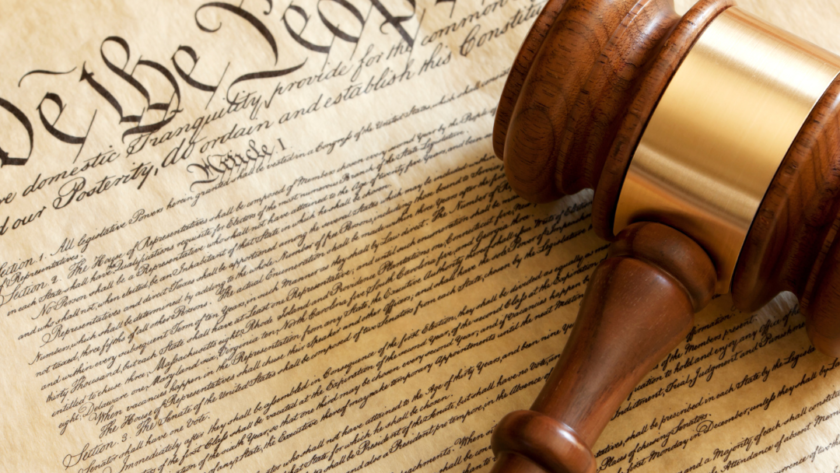America is split into 50 different states, each of which has its own unique laws and regulations. Although there are federal laws that cover the whole country, state laws can vary drastically.
We’re going to take a look at some of the differing laws between states in this article. First, let’s cover why state laws differ from one another.
Why Do Laws Differ Between States?
Every state is a sovereign entity, meaning it has its own rights and choice to create laws that it sees fit. A lot of the time, these laws are based on the population, the availability of resources, and the conditions in the area.
For example, coastline states will need laws around beaches. States that are hotspots for hurricanes, tornadoes, or other severe weather conditions will need to put legal rules in place around managing and preventing this.
Laws can also vary based on the demographic of the population, the types of businesses that are predominantly operating in the state, and the community standards.
What Are Some of the Different Laws in Each State?
Certain laws tend to be relatively similar across all states, despite not being stipulated by federal law. However, other laws vary drastically between different states across America.
Laws that tend to be relatively uniform across different states include those around road safety, driving licenses, and road rules.
Licenses for lawyers of any kind, including personal injury lawyers, family lawyers, and criminal defense attorneys, are often quite similar across states too. However, the unique licenses and qualifications that are required can differ, so this is something to check if you plan on entering a law career.
Laws in the following areas tend to different states across the USA:
- Business operations and required licenses – to operate a business in two different states, you might require a different set of business licenses. Employment laws and business laws can also differ drastically from one state to another, including regulations around minimum wages, salaries, and employer and employee rights.
- Gun control and knife possession – every state has its own stipulations regarding the use of weapons, including the use and possession of firearms and knives. You can learn more about different knife laws by clicking here.
- Marriage and divorce – each state has unique laws around marriage, including age limits, blood tests, and waiting times. The requirements for legal divorce also vary between states.
- Education – the rules and regulations regarding education usually change as you cross a state border, including the methods and frequency of testing and the graduation requirements.
- Marijuana – a lot of states have legalized marijuana for medical purposes. Possession of marijuana has only recently become legal in some states. However, in many states, it’s still illegal to use marijuana recreationally.
The differences in state laws won’t be a problem if you rarely travel out of your home state. However, they can become problematic if you go on vacation or move to another state and are unfamiliar with the local rules and regulations.



